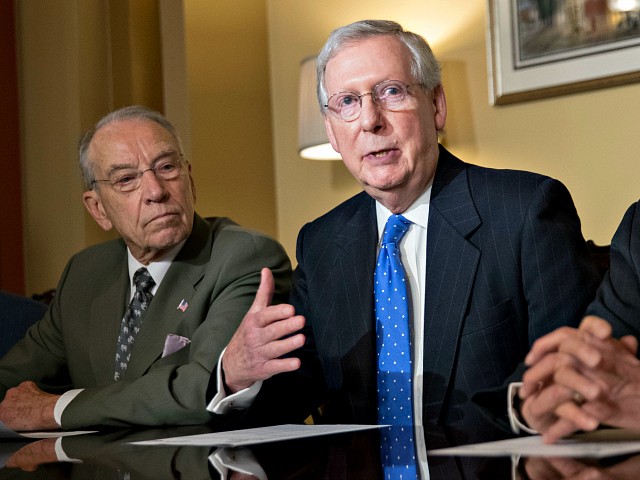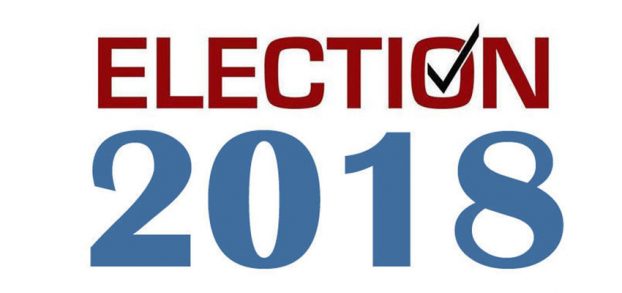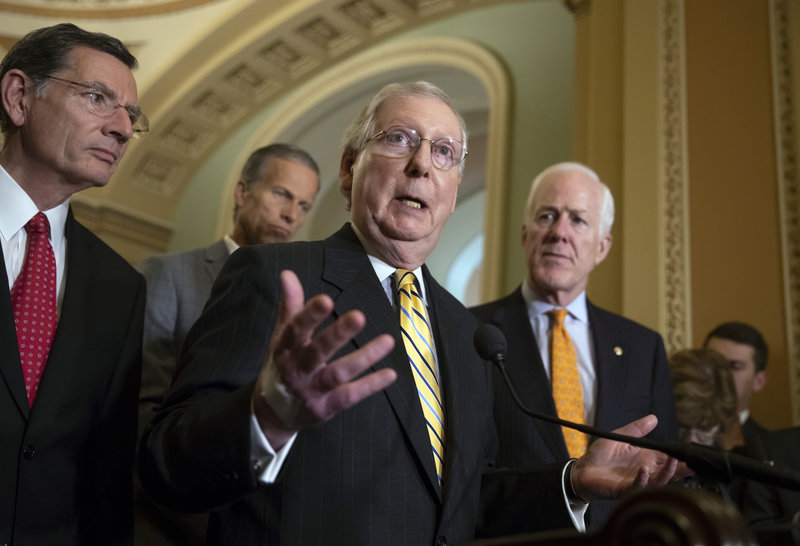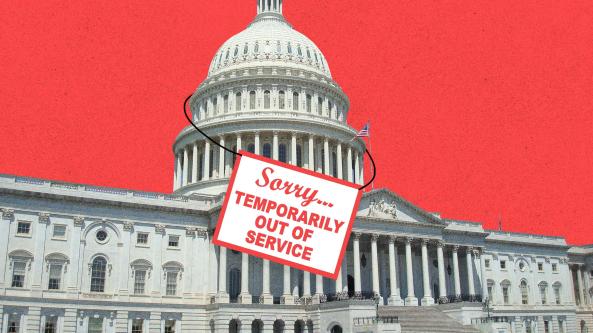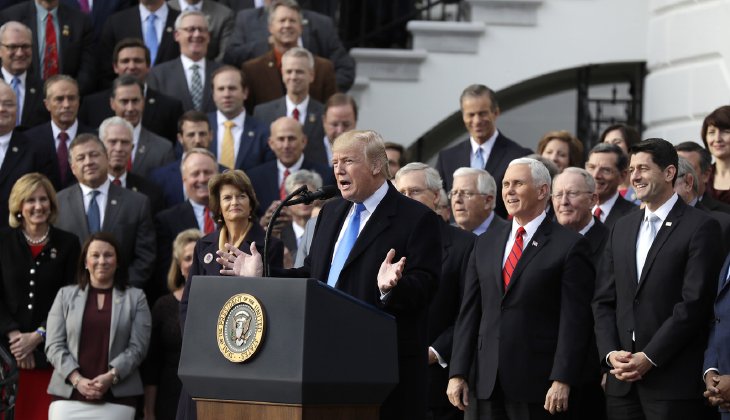After gaining two seats in the 2018 elections, the Senate GOP has returned to confirming conservative nominees appointed by President Trump to important positions in the nation’s appellate courts. This week the Senate churned through nominees and confirmed four justices to the appellate courts. Senate Majority Leader Mitch McConnell has already teed up additional votes next week by filing cloture on two more nominees. Many of these justices have well established conservative bona fides including strong ties to the Federalist Society, a powerful conservative legal association. Faced with a divided Congress, Republicans believe that the best way they can enact their conservative agenda is by transforming the nation’s judiciary.
The four judges confirmed this week include Eric Miller, Allison Jones Rushing, Chad Readler, and Eric Murphy. All the judges have stellar resumes, graduated from the nation’s top law schools, and have high level clerking experience at the appellate or Supreme Court level. However, Democrats have pushed back on many of these nominees, saying that they lack sufficient legal experience, and in particular criticized Allison Jones Rushing for her young age of 37. Democrats have also pushed back on Chad Readler who played a central role in the lawsuit challenging Obamacare’s constitutionality.
Legal conservatives championed President Trump’s appointment of Neomi Rao to the DC Circuit because they believe that she will take on the administrative state over which the DC Circuit has significant jurisdiction. However, many Republicans in the Senate have expressed concerns over Rao’s personal views on abortion as well as controversial opinion articles about sexual assault she had written during college. To keep these wary Senators in check, the Judicial Crisis Network announced ad buys in the states of Senators with concerns about her nomination.
While President Trump has made many strides in confirming appellate judges, he has struggled to confirm many of his district court nominees in comparison with past presidents. A major contributing factor has been Democratic obstruction and their refusal to confirm many of these noncontroversial nominees by voice vote. As a result, Republican Senators have prepared a rules change that would drastically limit the minimum hours of debate for district court nominees, allowing Republicans to confirm these judges at a faster rate. The future developments in the confirmation battle over nominees to the federal judiciary will have a significant impact on the future of this nation.


